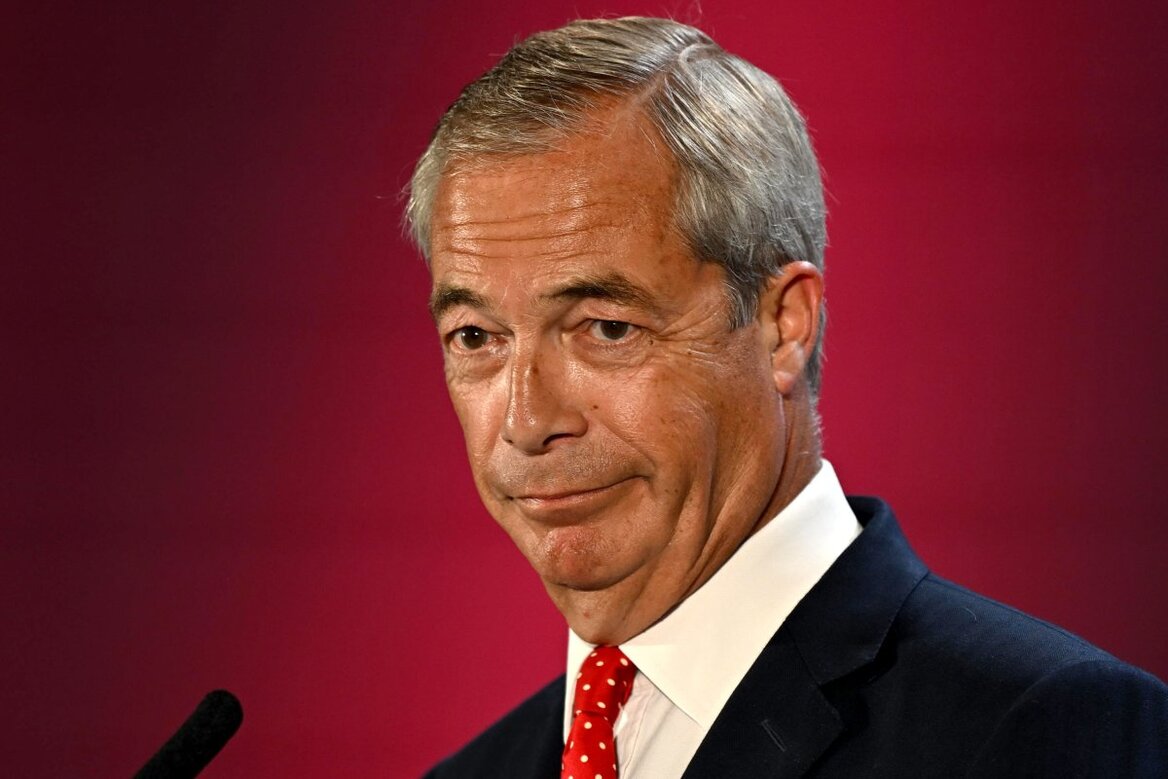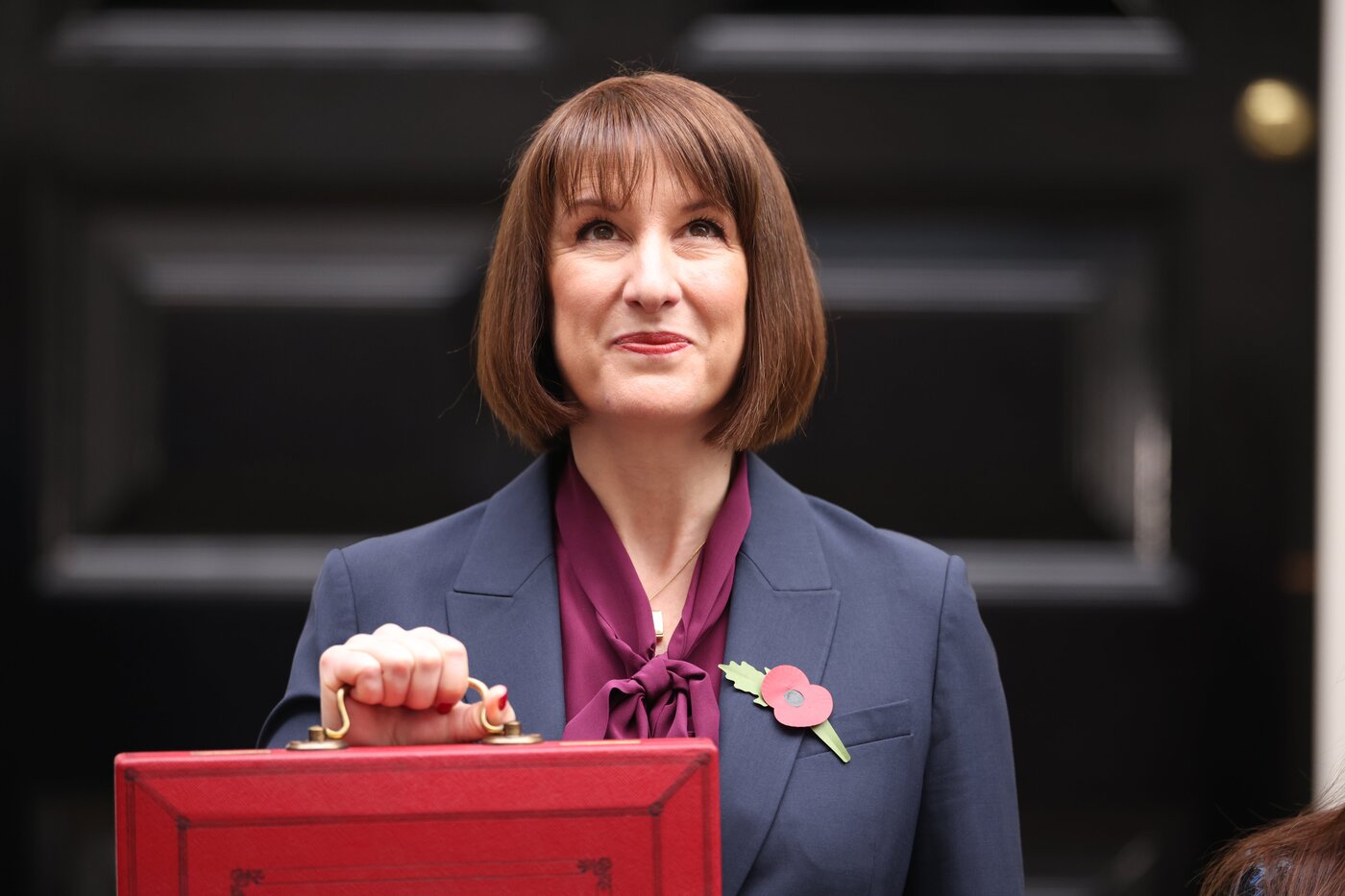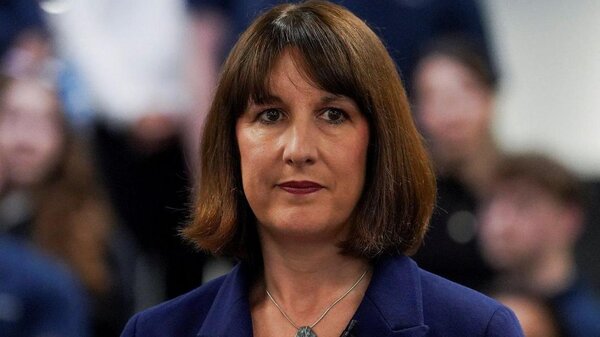Union leader urges Reeves to deliver wealth tax in budget
Britain’s most senior trade union leader has stepped up pressure on Labour to adopt wealth taxes in its November budget, warning that the party risks fuelling support for Reform if it fails to show it is on the side of working people. Paul Nowak, General Secretary of the Trades Union Congress (TUC), urged Chancellor Rachel Reeves to “stay the course” on investment and back a fairer tax system that shifts the burden from wages to wealth.
Nowak argued that the UK’s tax system is skewed towards taxing work while letting extreme wealth go under-taxed. He said public appetite for change is strong, with recent TUC polling showing large majorities in favour of taxing multimillionaires and financial institutions more heavily. He described Nigel Farage as “a political snake oil salesman” and warned Labour must prove its promises of “change” translate into real improvements for households still struggling with the cost of living.
With the TUC’s annual congress set for this weekend, the intervention lands at a pivotal moment as Reeves shapes her first full budget, due on 26 November.
Public opinion on wealth and capital taxes
Polling for the TUC found 68% of people support a 2% annual wealth tax on assets above £10 million, with only 22% opposed. The idea attracted backing across political divides, including from many voters now considering switching from Labour to Reform.
When asked about capital gains tax, support was narrower but still in favour of reform. A majority supported raising capital gains to the same level as income tax, though the margin was slimmer than for wealth taxes. The strong public backing for wealth taxes also extends to capital gains and banking levies. Our guide to understanding capital gains tax and related tax changes can help readers grasp the broader tax reform landscape
The TUC said support rose when measures were presented as a package. Among Labour voters leaning towards Reform, 74% supported the combined package of wealth taxes, a levy on gambling firms and a bank profits surcharge.
How much could new taxes raise?
The TUC argued that wealth and sector-specific taxes could raise substantial sums:
- Wealth tax: estimated to generate up to £36 billion annually
- Gambling tax: an additional £3 billion a year
- Bank surcharge: between £20 billion and £50 billion over four years, depending on whether the rate is set at 16% or 35%
Nowak said this would give Reeves the fiscal room to fund investment in public services without reverting to cuts. “If the choice is between fair taxes and cuts to public services, we know whose side the chancellor should be on,” he argued. These new taxes could create billions in revenue for public services, but calculating the full impact depends on many factors. For a deep dive into tax reliefs and deductions, which affect overall tax liabilities, see our comprehensive resource
The political challenge from Reform
Nowak directly linked tax reform to countering the growing influence of Nigel Farage’s Reform party. He accused Farage of opportunism, saying
“Nigel Farage is, as always, talking up whose side he is on. But he’s a political snake oil salesman. The gap between the rhetoric and what he’s actually prepared to deliver is massive.”
He stressed that only clear action from Labour to demonstrate it is on the side of workers could stop disaffected voters from drifting towards Reform.

A tax system tilted against workers
In his interview, Nowak highlighted what he sees as a fundamental imbalance in the UK’s system. “We’ve got a tax system that’s very good at taxing work, less effective at taxing wealth. That’s really the big inequality that has opened up,” he said.
He added that growth remains essential but must go hand in hand with fairness. For many, he argued, the promise of “change” still feels abstract: “People are still in the midst of a cost of living crisis. They haven’t yet seen improvements come through in public services.”
Pressure on Rachel Reeves
Reeves has already announced tax increases on private jets, second homes and capital gains, arguing that these show Labour’s commitment to fairness. But Nowak urged her not to stop there, saying the government must follow through on its election pledge to invest and not “pull back” now.
“The worst thing the chancellor could do, having made that big upfront investment last year, is to retreat,” he warned.
Warning against complacency
Nowak also cautioned Labour’s left not to assume the alternative to current policy would be a Corbyn-style government. Instead, he warned, “Frankly, I don’t think the alternative is Jeremy Corbyn in No 10. It’s Nigel Farage or Kemi Badenoch in No 10. And that should fill anybody who cares about the rights of working people, about our public services, with absolute dread.”
His comments underline the political stakes as Labour faces pressure from both its left flank and an emboldened populist right.

Final Summary
Nowak urges Reeves to back wealth tax in budget.
Paul Nowak’s intervention highlights the political and economic crossroads facing Labour. With 68% of the public supporting a wealth tax and strong backing for wider reforms, the TUC insists Reeves must go further in her November budget.
For Nowak, new taxes on the richest households and big corporations would both fund essential investment and counter the populist appeal of Reform. His sharp criticism of Farage as a “snake oil salesman” reflects the urgency he sees in proving Labour is on the side of working people. Paul Nowak’s call for wealth taxes reflects a wider debate echoed in multiple policymaking forums. For the official government timeline and overview on the upcoming budget, visit UK Government Autumn Budget 2025.
For Reeves, the choice will be whether to embrace bold tax reform or risk leaving voters unconvinced that the government’s promise of change is more than a slogan.











